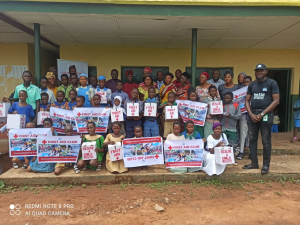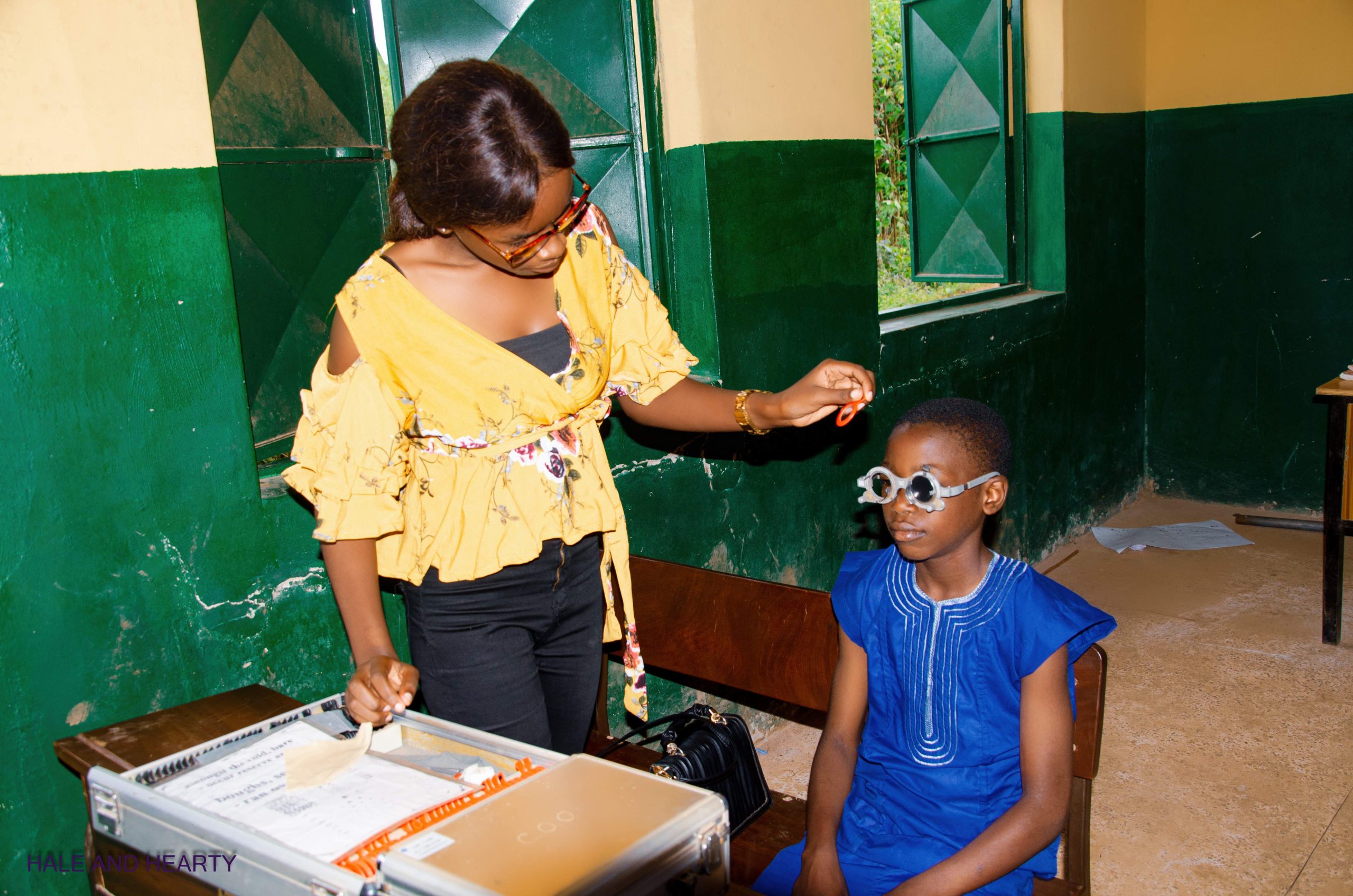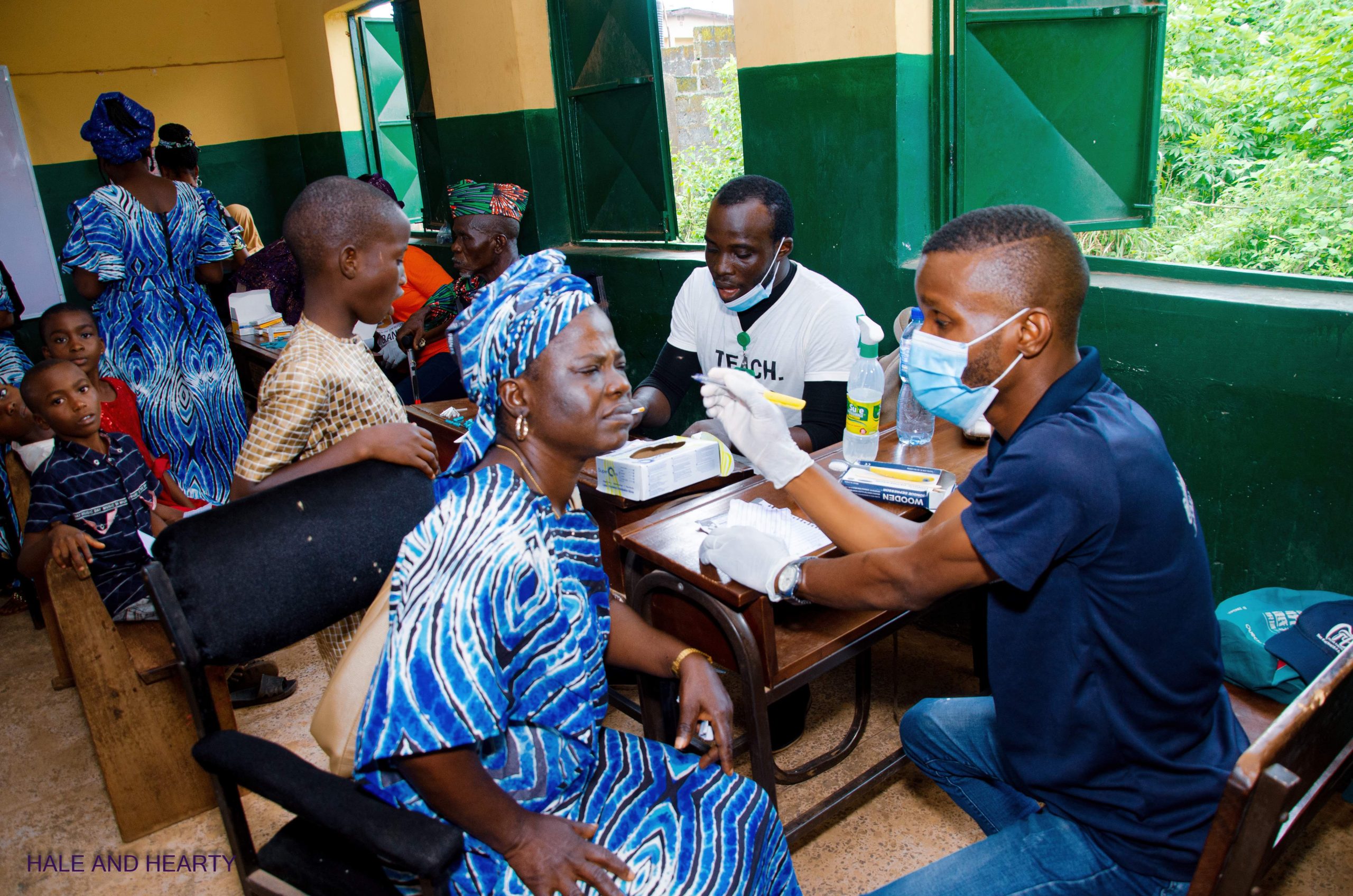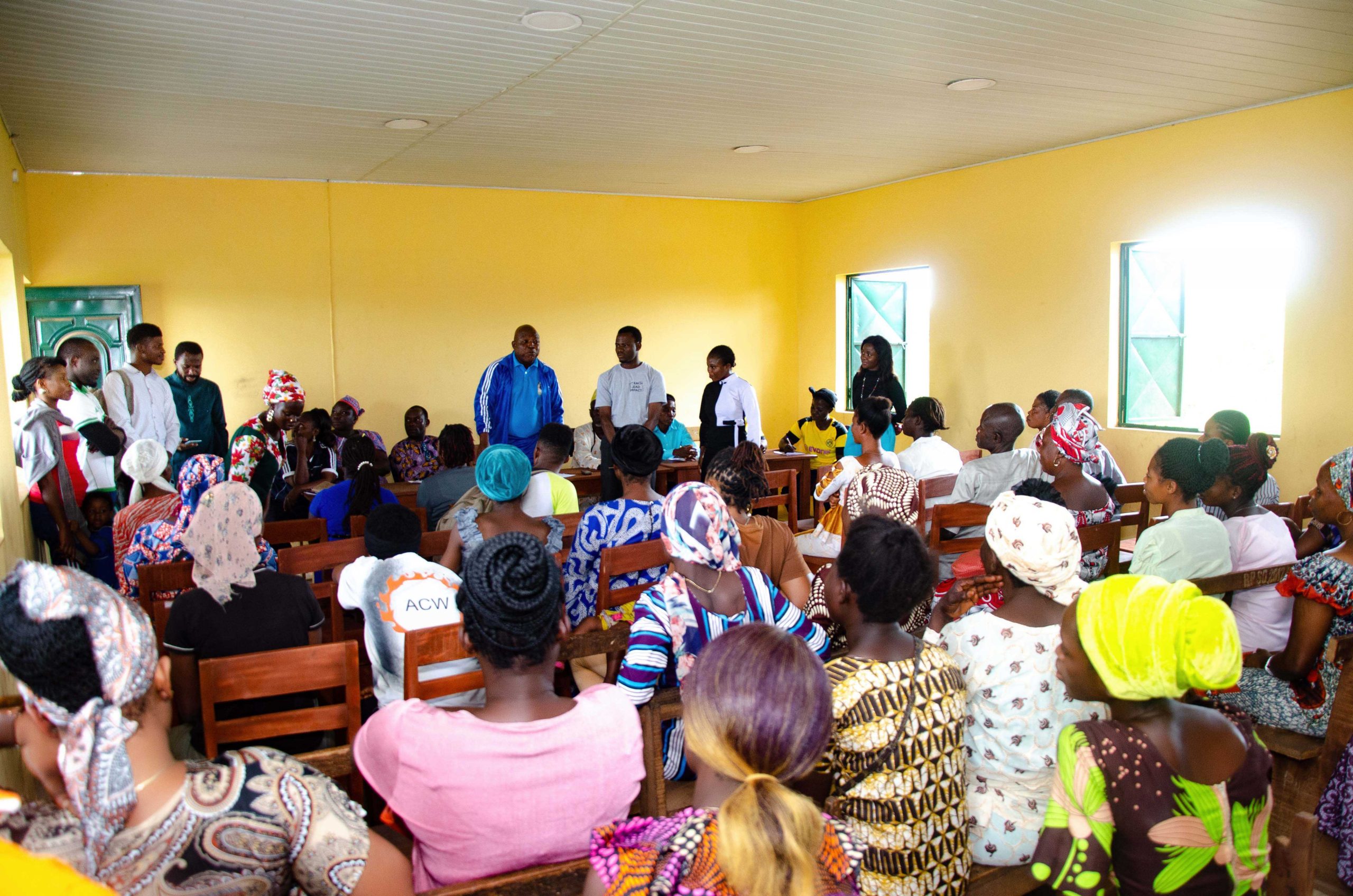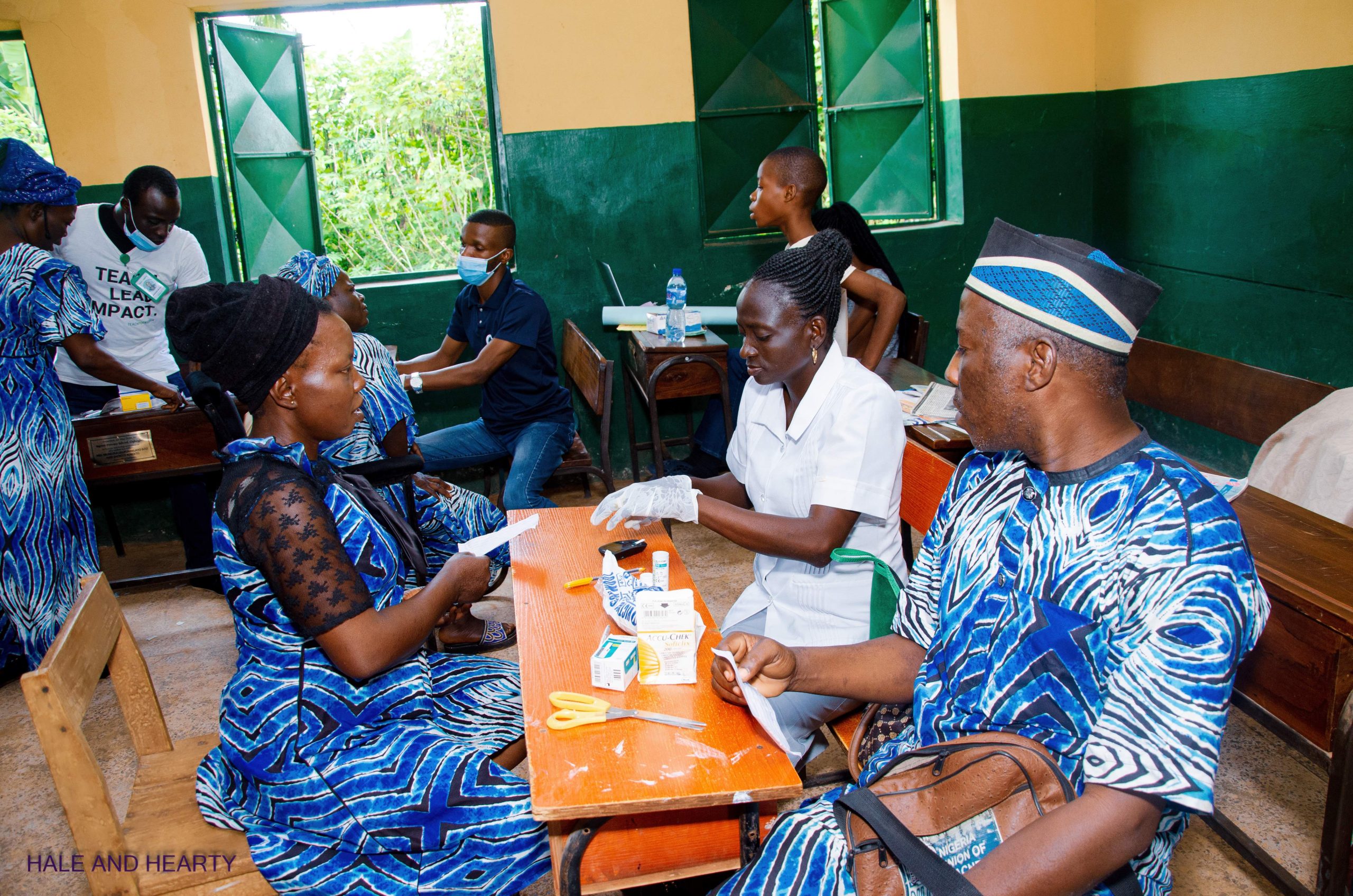In our previous article, we explored the barriers that hinder good health in marginalized and underserved communities. Now, let’s delve into actionable solutions and strategies to address these barriers and promote health equity. By implementing targeted interventions, we can work towards creating a more inclusive and healthier society for all.
Improving Access to Healthcare Services
To enhance access to healthcare services, it is crucial to establish community health centres and mobile clinics in underserved areas. These facilities can provide comprehensive primary care, preventive screenings, and health education. Collaborations between healthcare providers, community organizations, and government agencies can help bridge the gap and ensure that essential healthcare services reach marginalized communities.
Reducing Financial Barriers
To alleviate financial barriers, initiatives such as expanded health insurance coverage, subsidies, and sliding-scale fee structures can be implemented. These measures aim to make healthcare services more affordable and accessible. Additionally, promoting awareness of existing financial assistance programs and providing assistance with navigating the healthcare system can empower individuals to seek the care they need without undue financial burden.
Strengthening Health Education and Literacy
Community-based health education programs are vital for improving health literacy. These programs can provide information on preventive care, chronic disease management, nutrition, and healthy lifestyle choices. Tailoring educational materials to the cultural and linguistic needs of the community, and utilizing community health workers or peer educators, can effectively disseminate health information and empower individuals to make informed decisions about their health.
Addressing Social Determinants of Health
Recognizing the impact of social determinants of health, it is important to implement interventions beyond the healthcare system. Efforts to address poverty, improve education opportunities, provide affordable housing, and ensure access to nutritious food can significantly impact health outcomes. Collaborative approaches involving multiple sectors, such as healthcare, education, housing, and employment, are essential for addressing the root causes of health disparities.
Advocating for Policy Changes
Advocacy plays a vital role in driving systemic change. Engaging in policy advocacy at the local, regional, and national levels can influence policies that promote health equity. Advocates can work towards fair allocation of resources, eliminating discriminatory practices, and implementing policies that address health disparities. By amplifying the voices of marginalized communities, policy changes can be made to create a more equitable healthcare system.
Overcoming barriers to good health in marginalized and underserved communities requires a comprehensive and multi-faceted approach. By improving access to healthcare services, reducing financial barriers, promoting cultural competence, strengthening health education, addressing social determinants of health, and advocating for policy changes, we can make significant strides towards health equity. It is essential for stakeholders, including healthcare providers, policymakers, community organizations, and individuals, to collaborate and take action. Together, we can break down barriers, empower marginalized communities, and create a society where everyone has equal opportunities for good health and well-being.


